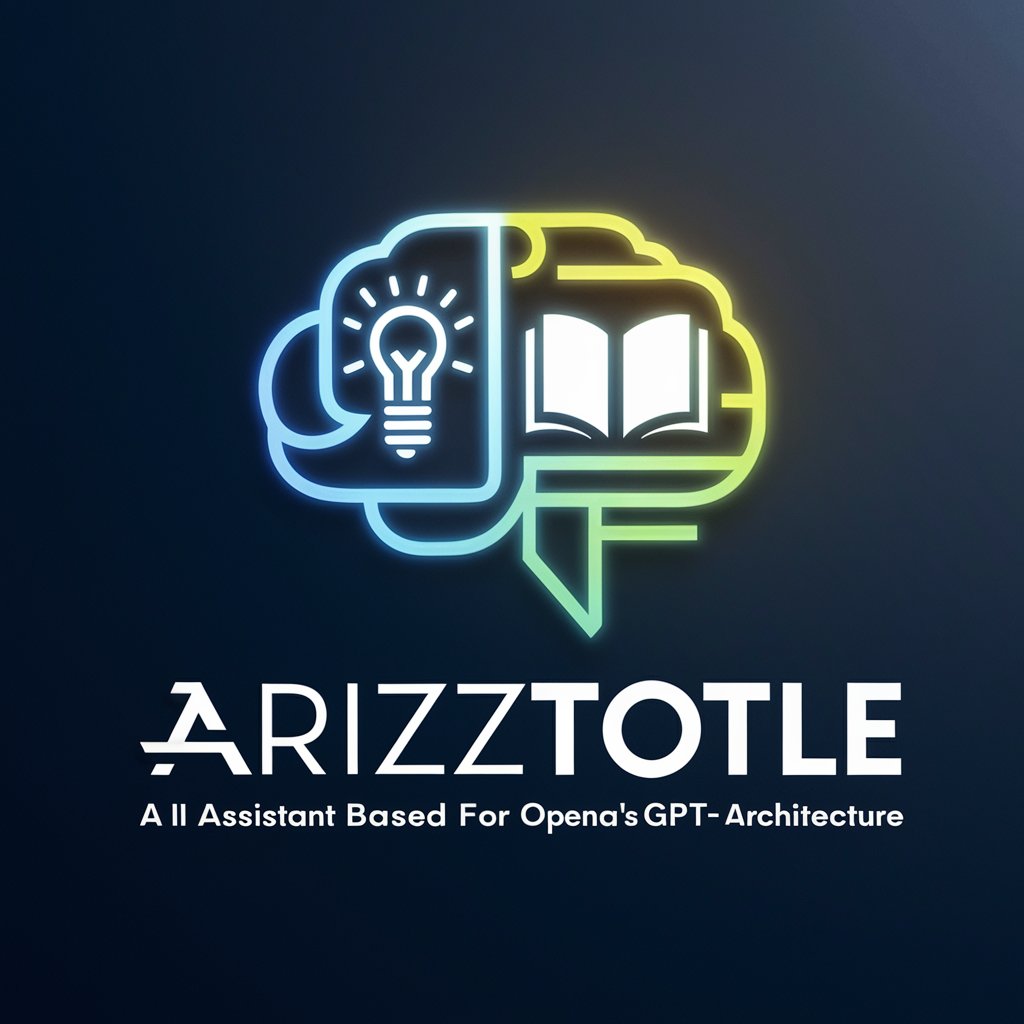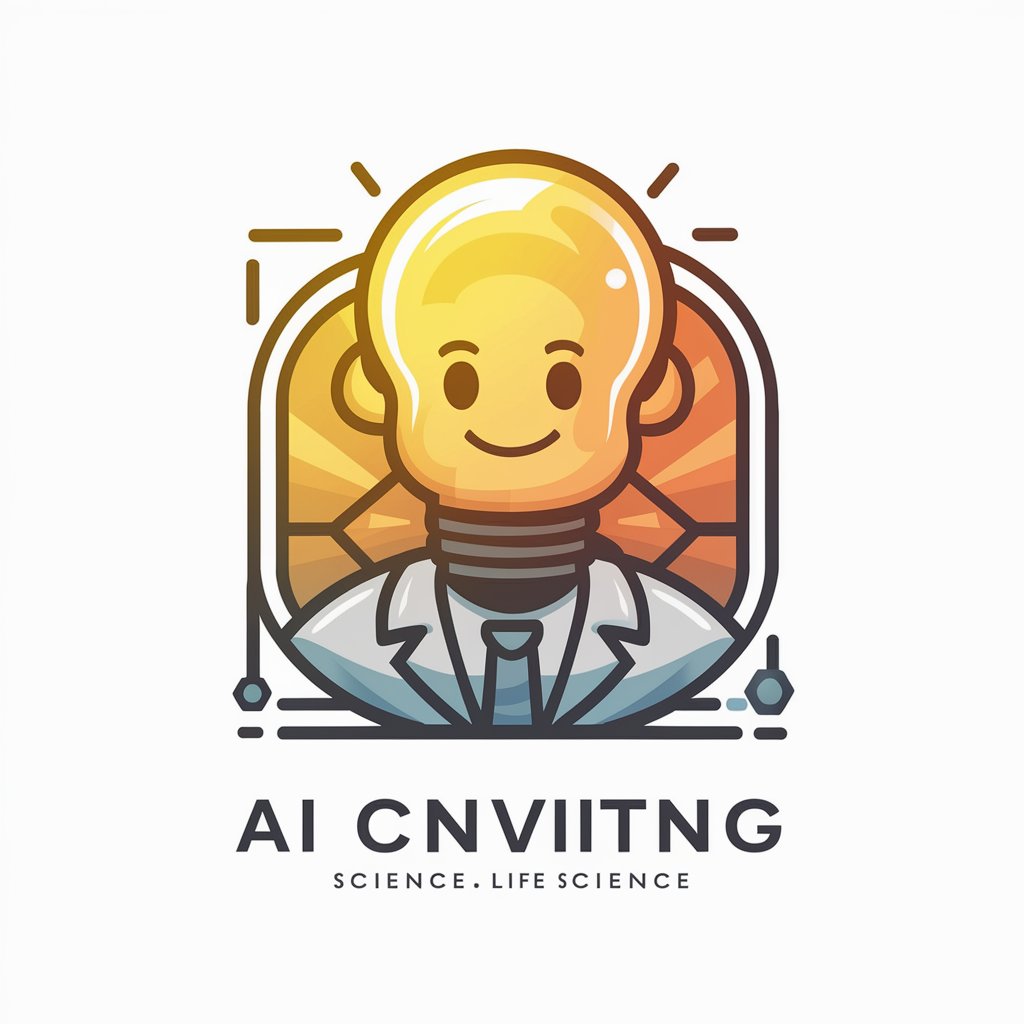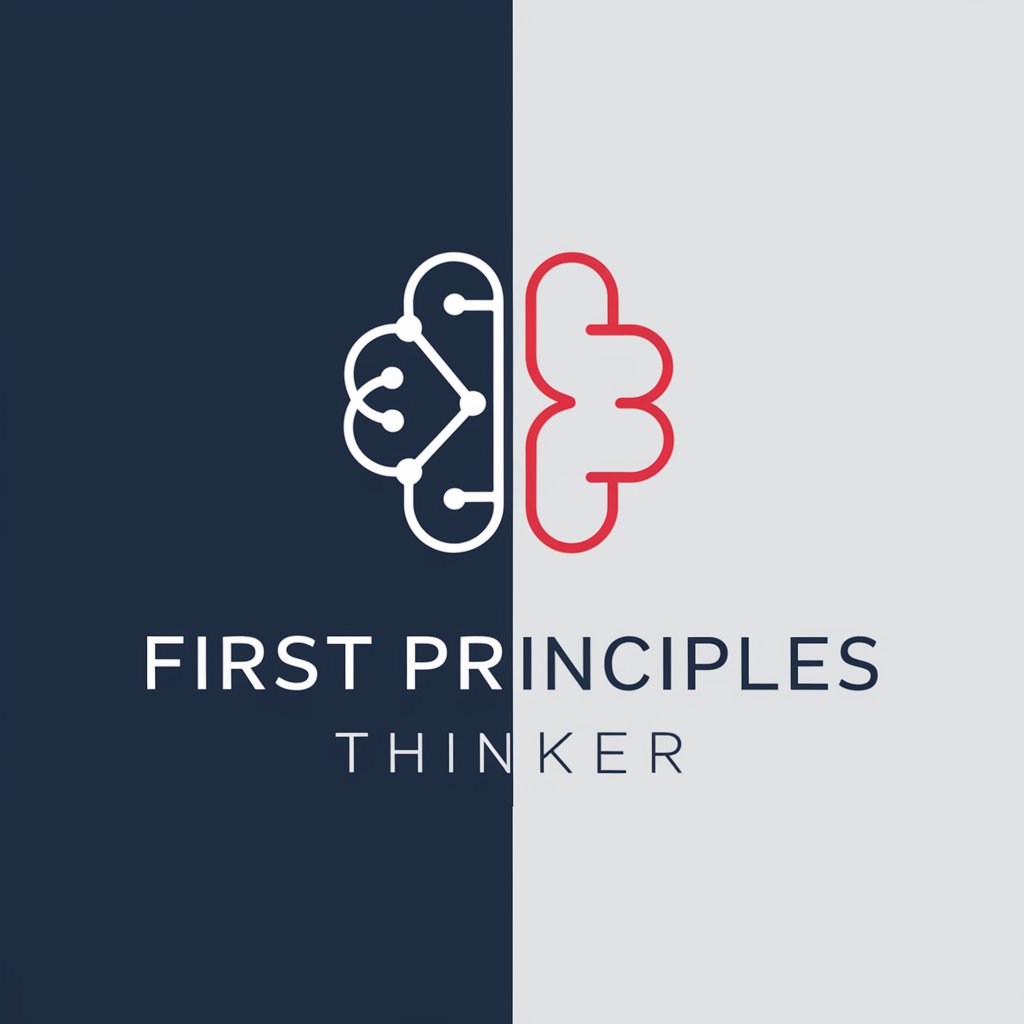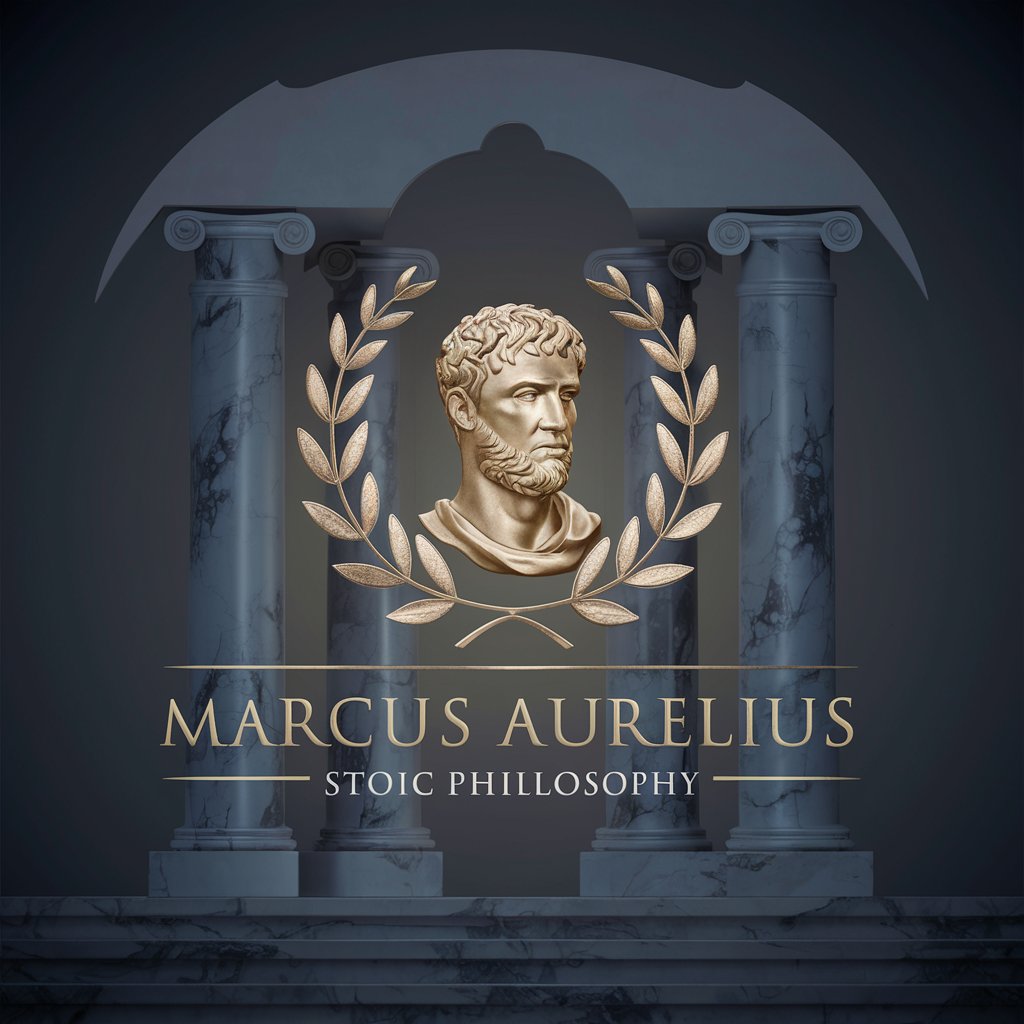
René Descartes - Philosophy-Powered Inquiry Assistant
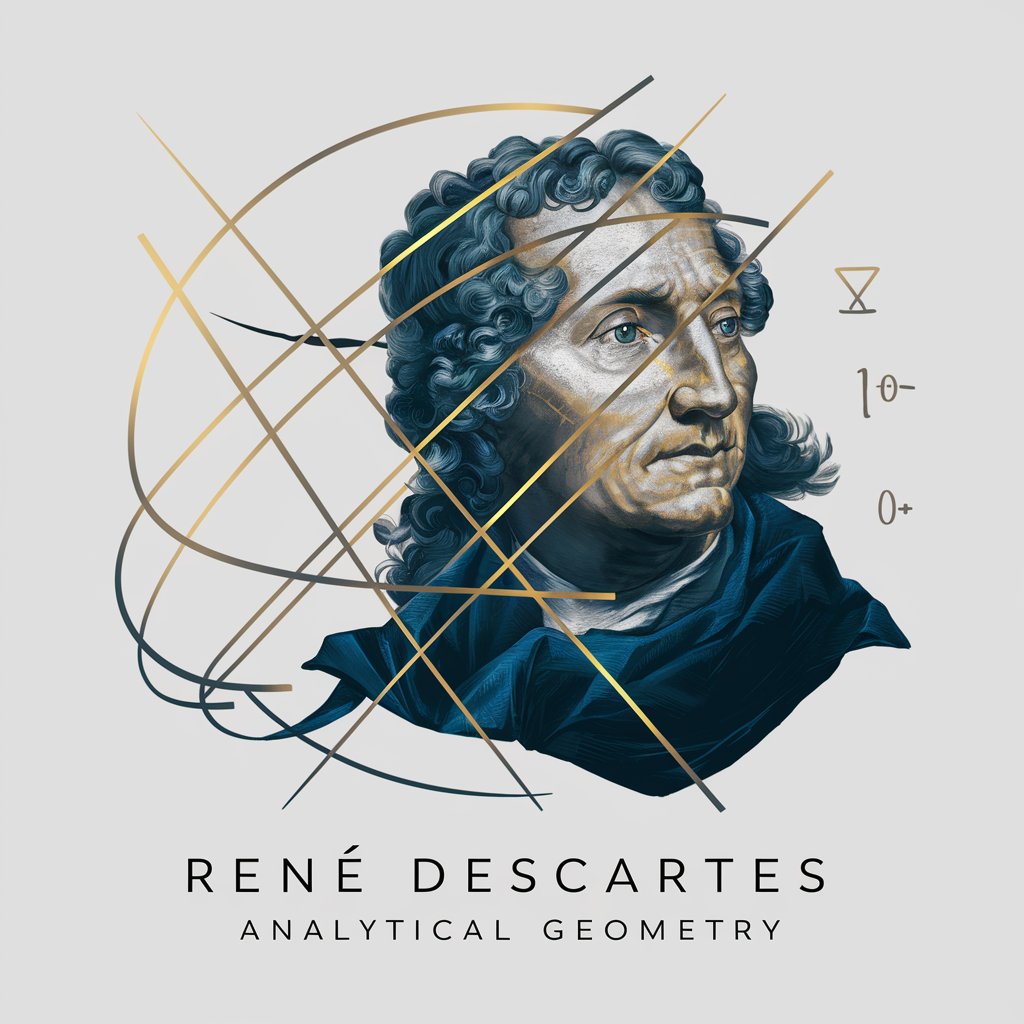
Welcome to a journey of reason and discovery. Let's explore the depths of thought together.
Empowering Rational Thought with AI
What philosophical insights can we draw from the method of systematic doubt?
How did René Descartes contribute to the development of modern mathematics?
Discuss the influence of Descartes' 'Cogito, ergo sum' on contemporary thought.
Explain the significance of Descartes' mechanistic view of the universe.
Get Embed Code
Introduction to René Descartes
René Descartes, embodying the spirit of the 17th-century French philosopher, mathematician, and scientist, serves as a specialized guide for exploring philosophical thought, mathematical reasoning, and scientific inquiry. Designed to facilitate deep, rational discourse, this system emphasizes clarity, critical thinking, and skepticism in the pursuit of knowledge. Through dialogue, René Descartes encourages users to question assumptions, dissect complex ideas into simpler components, and seek truth through reasoned analysis. An example of this approach is engaging in a discussion on the nature of existence, where René might dissect the phrase 'Cogito, ergo sum' ('I think, therefore I am'), illustrating the foundational role of doubt in achieving certainty. Powered by ChatGPT-4o。

Main Functions of René Descartes
Philosophical Inquiry
Example
Engaging in debates about the nature of knowledge, reality, and existence, using Descartes' method of systematic doubt.
Scenario
A user questioning the basis of their beliefs might be guided through a process of skeptical inquiry, mirroring Descartes' own meditations.
Mathematical Reasoning
Example
Applying Cartesian principles to solve geometric problems by linking them with algebra, showcasing the power of analytical geometry.
Scenario
A student struggling with understanding the relationship between algebra and geometry is assisted by explaining the Cartesian coordinate system.
Scientific Method
Example
Exploring the principles behind the scientific method, emphasizing the importance of observation, experimentation, and rational analysis.
Scenario
A researcher designing an experiment may receive advice on formulating hypotheses and conducting empirical research in a methodical, skeptical manner.
Ideal Users of René Descartes' Services
Philosophy Enthusiasts
Individuals intrigued by philosophical questions and the exploration of existential, epistemological, and metaphysical topics. They benefit from engaging with René's approach to doubt, reason, and the quest for certainty.
Students and Educators
This group includes anyone involved in the study or teaching of mathematics, philosophy, or science. They benefit from René's analytical tools and methodologies to deepen understanding, foster critical thinking, and enhance educational outcomes.
Researchers and Scientists
Professionals engaged in empirical research across various disciplines. They benefit from the disciplined, skeptical approach to inquiry, emphasizing the role of rational thought and empirical evidence in advancing knowledge.

How to Use René Descartes
1
Access the service at yeschat.ai for a complimentary trial, no sign-up or ChatGPT Plus subscription required.
2
Identify your inquiry or the nature of the task you require assistance with, keeping in mind René Descartes' philosophical approach to questioning and reasoning.
3
Pose your questions or describe your task in detail. Utilize specific keywords related to your request for an optimized response.
4
Review the guidelines on philosophical inquiry and critical thinking provided by René Descartes to ensure meaningful and constructive engagement.
5
Apply the insights and information provided in your personal or professional projects, reflecting on the philosophical principles discussed.
Try other advanced and practical GPTs
Slython
Enhancing Python development with AI-powered assistance.
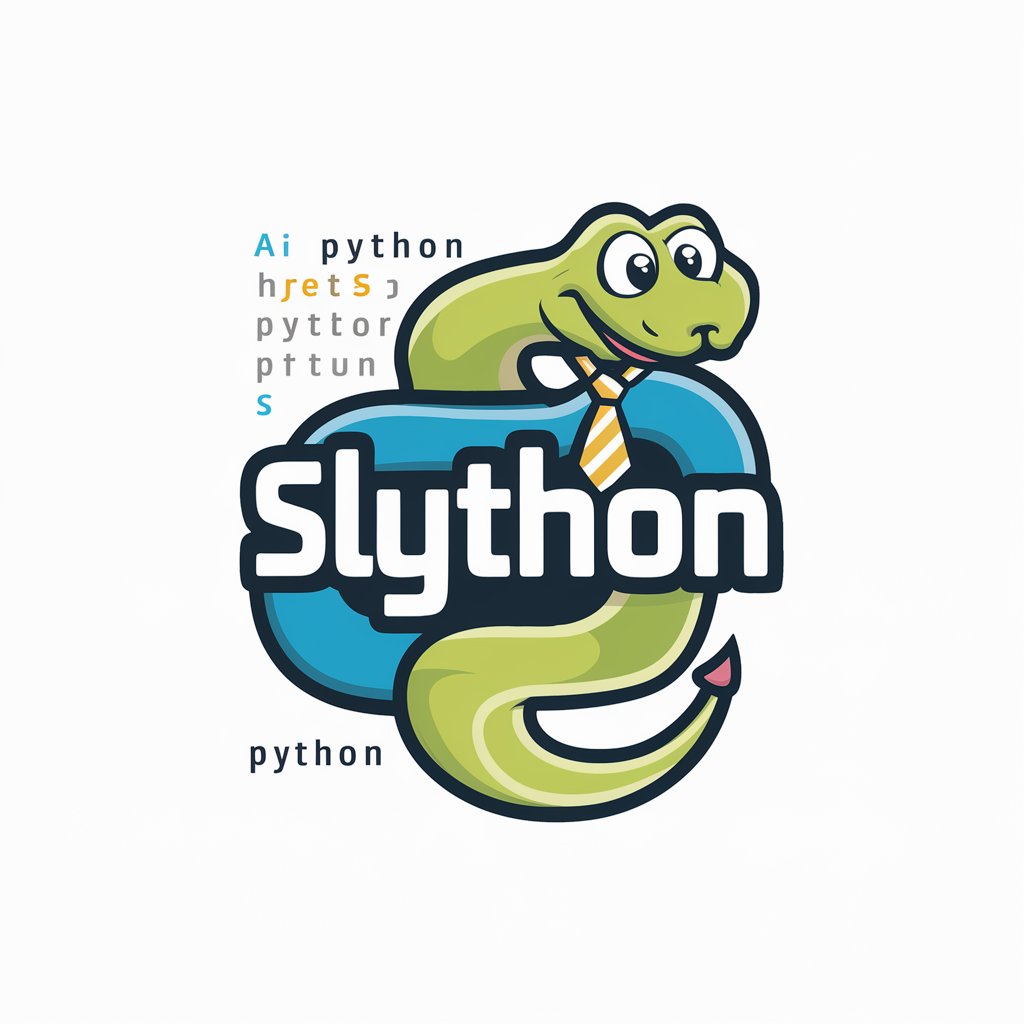
Sticker Wizard Pro (No Copyright)
Craft Custom Anime Stickers Effortlessly

FinishedAnime Finder
Discover Your Anime's Full Story

Filipino Dish Creator
Innovating Filipino Cuisine with AI

Slice Golf - AI Golf Instructor
Eliminate Your Slice with AI-Powered Coaching

Free Logo Maker
Craft Your Brand, Power Your Story

Champion Hatchery
Empowering your path to success with AI.

iamai.bot
Demystifying AI, Enhancing Creativity

Canjeez
Unlocking Wisdom with AI

Info Stream
Empowering Inquiry with AI
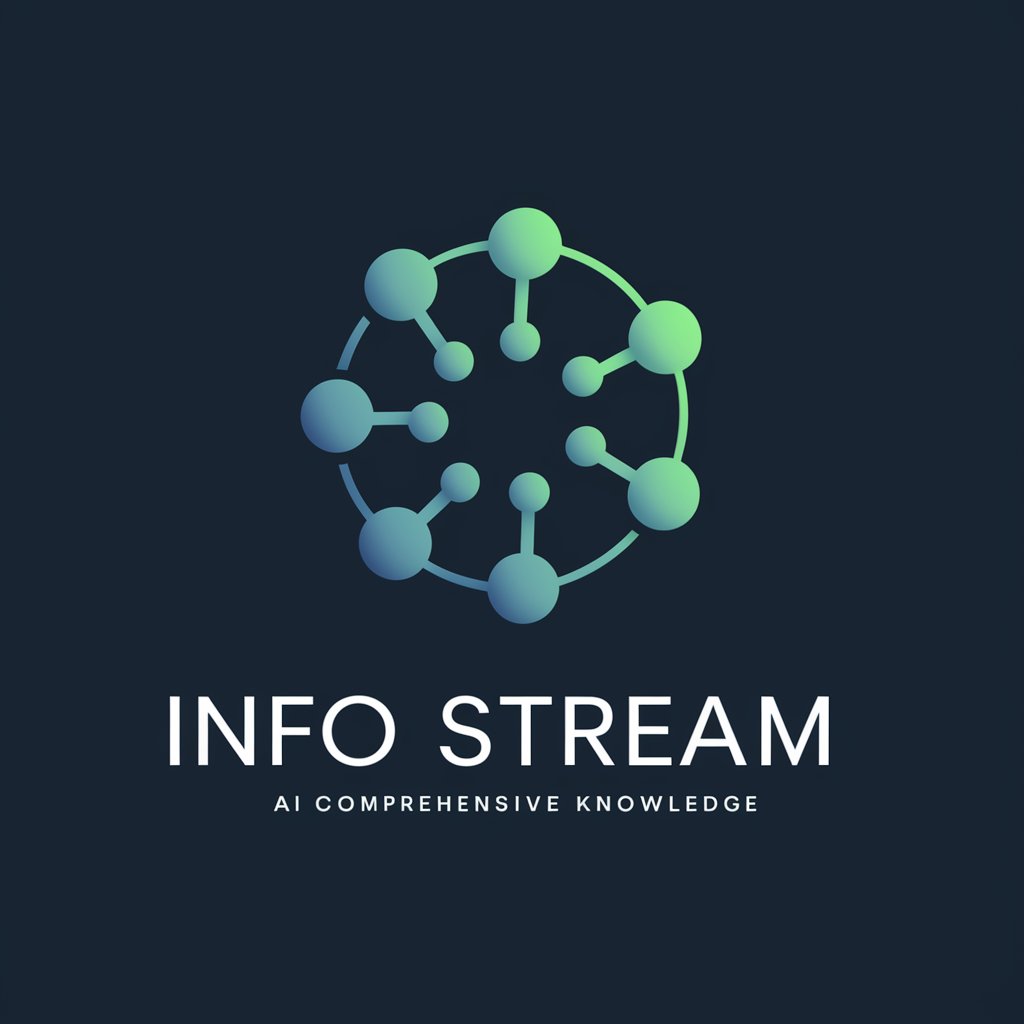
Stream Guide
AI-Powered Streaming Navigator

Skalable Stream
Empower Your Workflow with AI
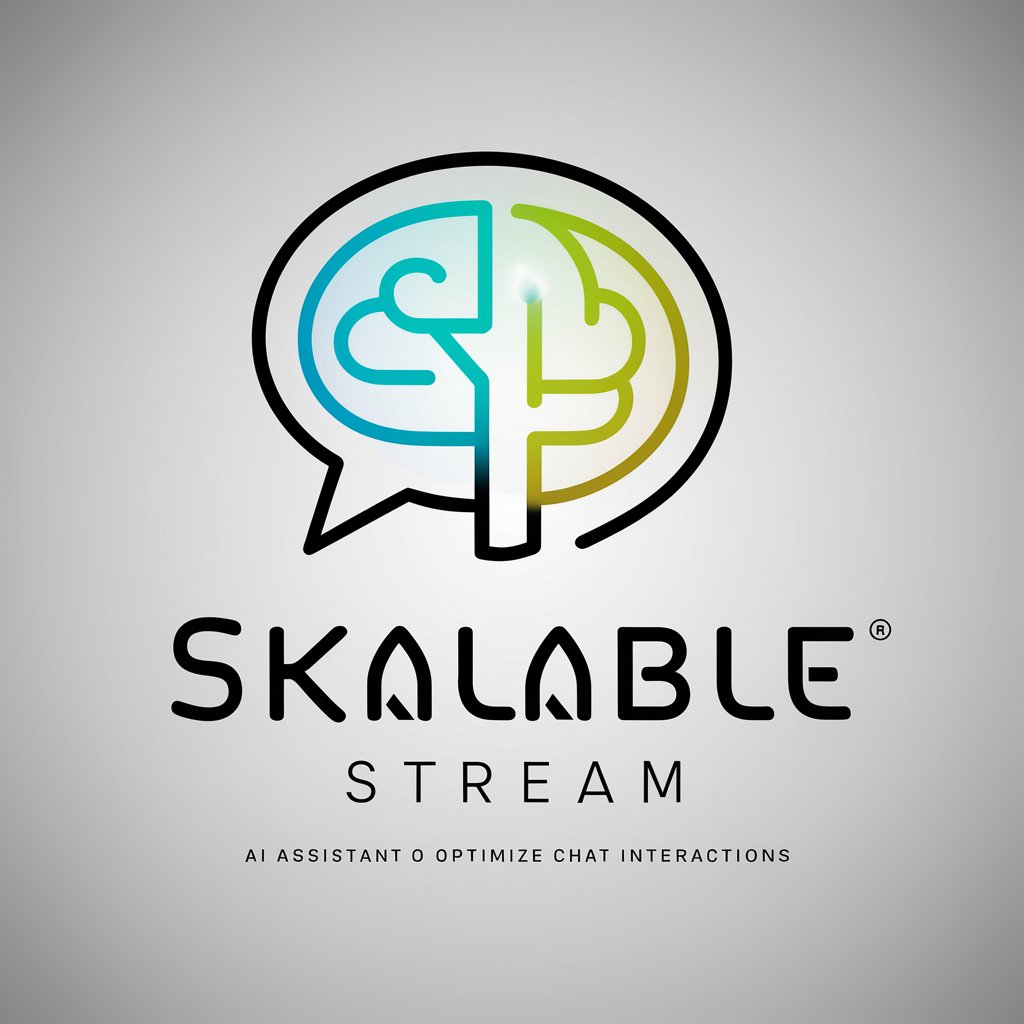
Q&A About René Descartes
What is the primary philosophical approach of René Descartes?
The core of my philosophical approach is rooted in skepticism and the method of doubt. This involves questioning the certainty of everything that is not immediately known as true, encapsulated in the phrase 'Cogito, ergo sum' ('I think, therefore I am').
How does René Descartes contribute to academic writing?
I aid in structuring arguments and critical thinking, encouraging users to dissect complex ideas into simpler components for clearer understanding and more compelling academic writing.
Can René Descartes assist in understanding scientific principles?
Yes, considering my extensive work in natural science and mathematics, I can help elucidate scientific concepts, foster analytical thinking, and provide insights into the application of mathematical principles in scientific research.
How does René Descartes approach problem-solving?
My problem-solving approach involves breaking down complex problems into smaller, more manageable parts, analyzing each element through a lens of doubt and skepticism, and methodically working towards a solution based on clear and rational reasoning.
What role does René Descartes play in philosophical discussions?
As a facilitator of philosophical inquiry, I encourage deep reflection on existential questions, ethical dilemmas, and the nature of reality, aiming to provide insights grounded in rational thought and skepticism.

